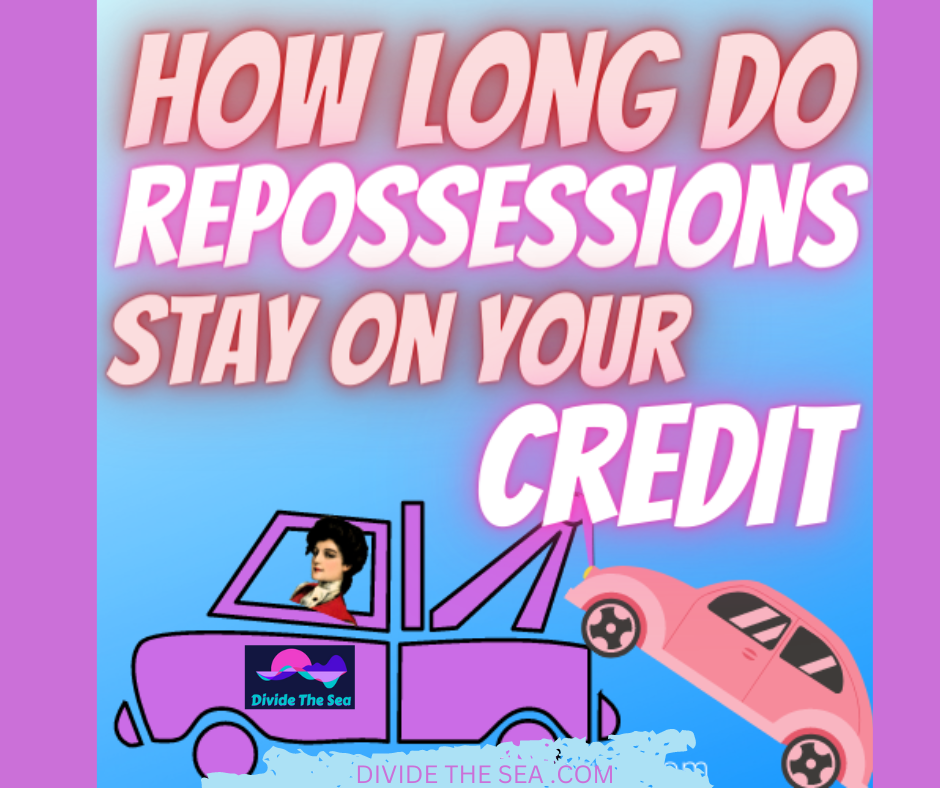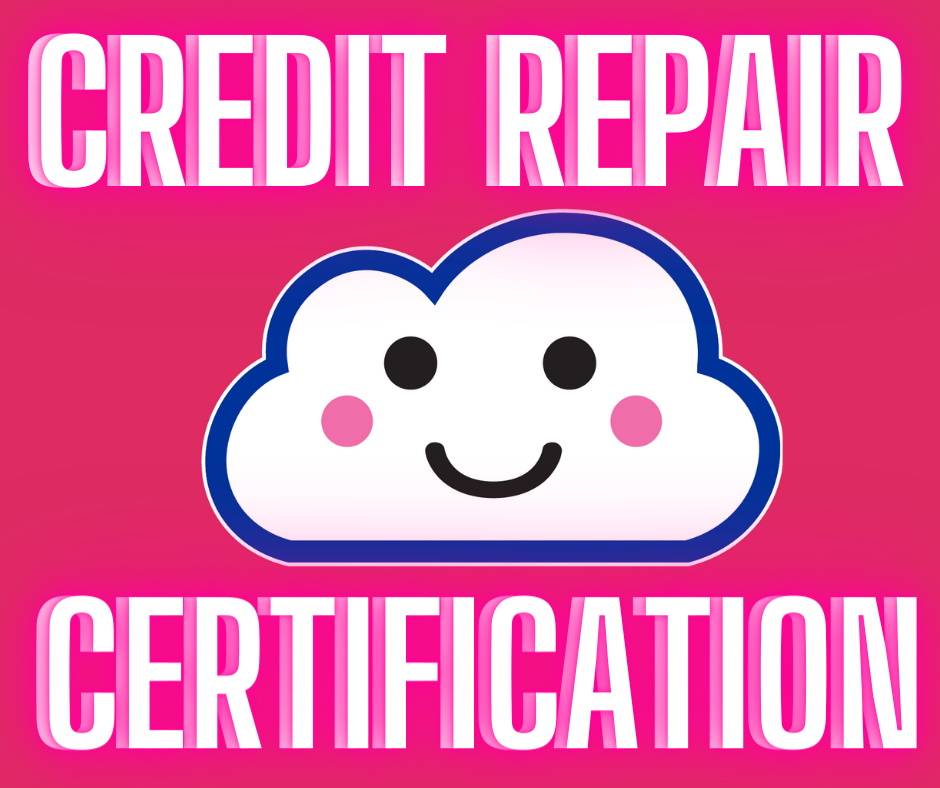By: Daniel Holcomb
DISCLOSURE: This post may contain affiliate links, meaning this site may receive a commission if you decide to make a purchase through my links, at absolutely no cost to you. This please read my affiliate disclosure page for more information. Also, please read our article disclaimer

We have to look at what is considered a good credit score. It’s crucial, because we have to face reality, because we may believe we have a good credit score, but the fact is many find out that’s not true, when they are denied a credit car or auto loan, or mortgage. Believe me, I still feel that horror, when I didn’t even qualify for a contract phone T-mobile, because my credit was so bad. I admit it, so you can learn today.
Let's Begin
When it comes to securing loans, credit cards, and other forms of credit, having a good credit score is essential. But what exactly is a good credit score, and how is it determined? In this blog post, we’ll dive into the details of credit scores, including what constitutes a “good” score and what factors go into determining it.
What Is A Credit score?
First, let’s define what a credit score is. A credit score is a numerical rating that reflects your creditworthiness. It is based on information in your credit report, which is a detailed record of your credit history. The most widely used credit score is the FICO score, which ranges from 300 to 850. The higher your score, the better your credit is considered to be.
What Constitutes A Good Credit Score
Now, let’s talk about what constitutes a good credit score. A good credit score is generally considered to be one that falls between 670 and 739. This is considered to be a “good” range, and it means that you are a low risk to lenders and that they are more likely to approve you for loans and credit cards. If your score falls between 740 and 799, you are considered to have “very good” credit, and if your score is 800 or above, you have “exceptional” credit.
So, what factors go into determining your credit score? The most important factor is your payment history. This includes whether or not you have made payments on time, and whether or not you have any outstanding debts. Lenders want to see that you are capable of paying back the money you borrow, so a history of on-time payments is key to maintaining a good credit score.
Another important factor is the amount of debt you have. Lenders look at how much debt you have compared to your income, known as debt-to-income ratio, and they want to see that you are not overextending yourself. High levels of debt can be a red flag to lenders, so it’s important to keep your debt levels in check.
The length of your credit history is also considered. A longer credit history shows lenders that you have a track record of managing credit responsibly. This means that it’s important to keep old credit accounts open, even if you’re not using them.
The types of credit you have is another factor considered. Lenders like to see a mix of credit types, such as a mortgage, auto loan, credit cards, and personal loans. This shows that you are able to handle different types of credit and that you are not relying on one type of credit to meet all of your needs.
Credit utilization is another factor that is considered. This refers to the amount of credit you are using compared to your credit limit. Ideally, you should aim to keep your credit utilization below 30%. This means that if you have a credit card with a limit of $1,000, you should try to keep your balance below $300. High credit utilization can be seen as a red flag to lenders, so it’s important to keep it in check.
Finally, it’s important to check your credit report regularly. This will help you identify any errors or inaccuracies, and it will also give you an idea of where you stand in terms of your credit score. You are entitled to a free credit report from each of the three major credit bureaus – Equifax, Experian, and TransUnion – once a year.
In Conclusion
In summary, a good credit score is considered to be one that falls between 670 and 739. It is determined by factors such as your payment history, the amount.

WELCOME! My name is Michael and I am the founder of Divide The Sea. Holding me back was the many unknowns and challenges in life and future. Once I made the decision to reach my life goals, I learned how to Fix My Credit, Make Money, Save Money, and Start A Business, my life was never the same. My goal now is to educate, because I find nothing more freeing than teaching others and seeing them change their lives like never before! No matter the difficulty, divide that sea and make it to your true destination.
Categories
Click Link Below For More Articles
Credit Repair Business
Related Topics

Test

Test

Test
Popular Blog Posts
About Michael
Michael is the founder of Divide The Sea. Many of us will not be educated in responsibility and preparing for the future. Michael saw this in himself and in his students. This website encourages those to divide the sea and make it to their destination. Here you can learn how to Fix Your Credit, Make Money, Save Money, and Start A Business
Please Subscribe To Our Newsletter!













